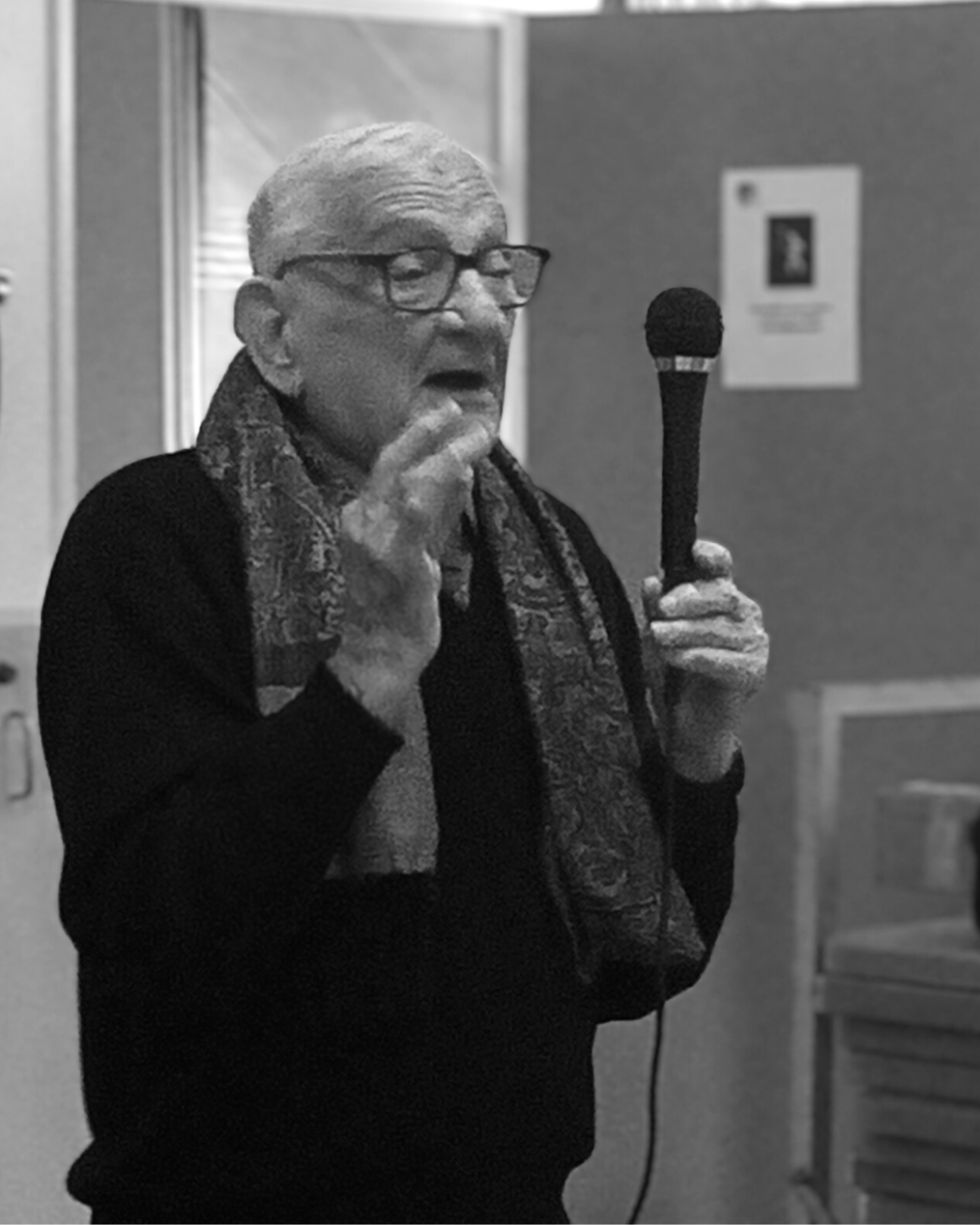
Georges Villard was born on 25 February 1925 in Barcelona. The Frenchman grew up with his parents in a suburb of Grenoble and, like his father, learned the profession of shoemaker.
During a large-scale police operation, Georges Villard was arrested by the German “Sicherheitsdienst” (Security Service) in Grenoble at the age of 18 and transferred to the Royallieu transit camp in Compiègne on 31 December 1943. Shortly afterwards, he was deported to Germany and transferred to Buchenwald concentration camp as a French political prisoner on 19 January 1944. After a brief stay in the “Little Camp” for quarantine, he was transported to the Dora camp, at that time a Buchenwald subcamp, on 10 February 1944.
In Dora, most of the inmates were still housed day and night in the tunnel system, which they were forced to expand. Due to the catastrophic living and working conditions underground, many prisoners fell seriously ill, and the SS soon sent several thousand sick and dying inmates to extermination and death camps. Georges Villard also became ill and was transferred to Bergen-Belsen concentration camp on 27 March 1944 with a transport of 1,000 prisoners.
However, Georges Villard survived the transport and his stay in Bergen-Belsen and was sent back to Buchenwald concentration camp at the end of July 1944. Once again, he did not stay there long, but was transferred back to Dora, where he arrived on 6 September 1944. When he was registered at Dora for the second time, Georges Villard stated his occupation as electrician, which is why he was assigned to rocket production and thus was spared from the life-threatening working conditions in the construction units.
At the beginning of April 1945, during the evacuation of the camps, the SS forced Georges Villard to join one of the numerous death marches in the final phase of National Socialism.
On 14 April, Georges Villard reached the Ravensbrück concentration camp, where he remained for only a few days. At the end of April, the SS forced him and other concentration camp inmates to march towards the Baltic Sea. It was not until the beginning of May 1945 that Georges Villard was liberated.
After his liberation, Georges Villard returned to France and was reunited with his family. He returned to his former profession and worked as a foreman in a shoe factory. He started a family and settled in Suris.
As a survivor, Georges Villard spoke to numerous students about his story. He was a strong voice for remembering those persecuted by National Socialism and advocated for a democratic and peaceful society.
On 25 February this year, Georges Villard celebrated his 100th birthday in Suris. He was considered one of the last survivors of the Mittelbau concentration camp from France.
Georges Villard passed away at the end of May. Our thoughts and sympathy are with his family and friends.

